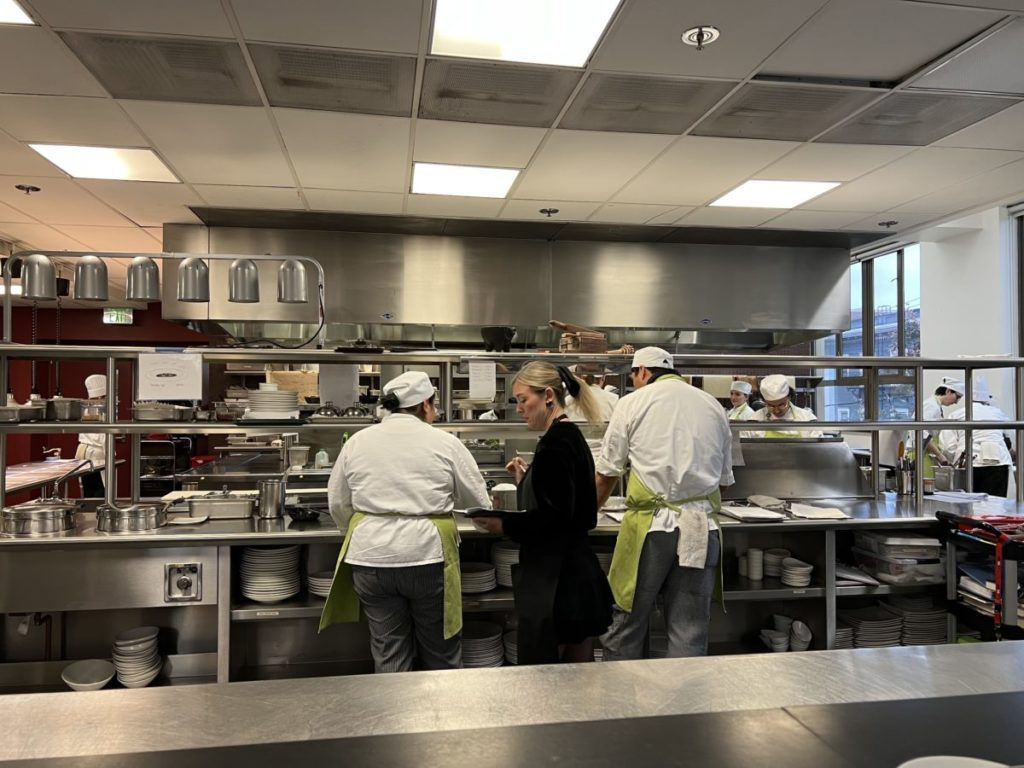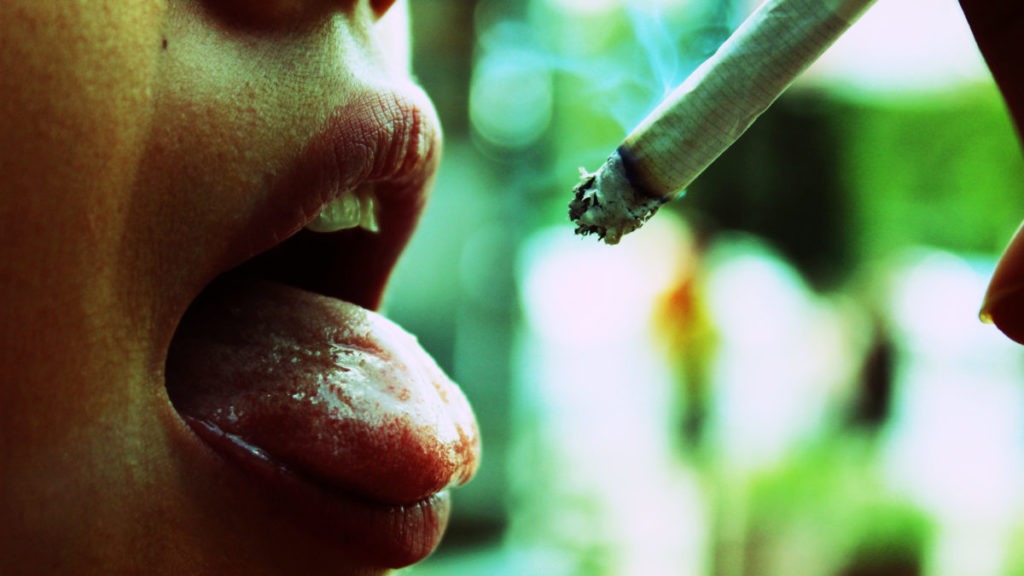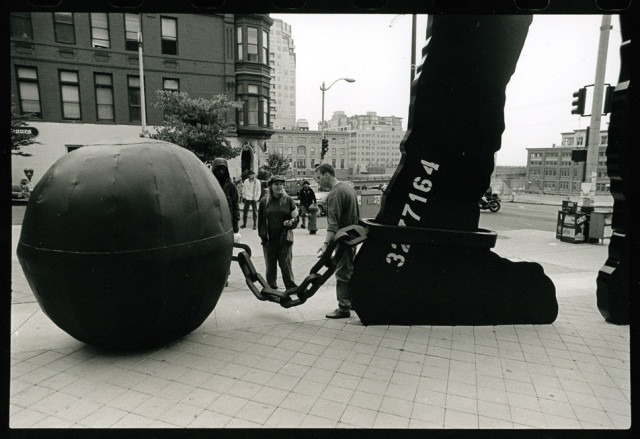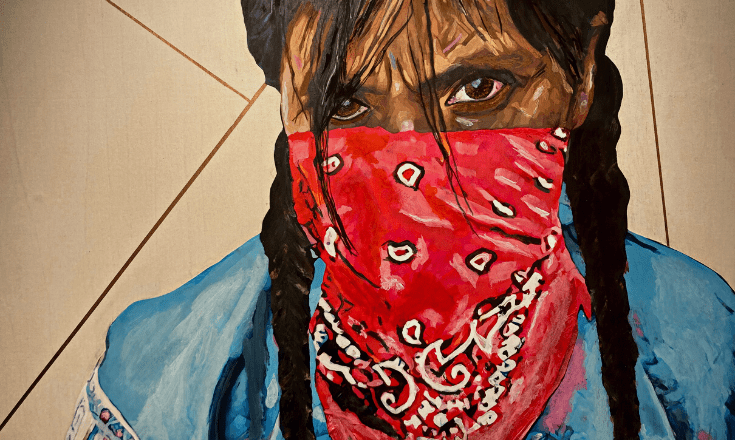In an anonymous letter from a Seattle Colleges tenured faculty member, included in the opening wage proposal by the American Federation of Teachers Seattle Local 1789 (AFT) to the Seattle Colleges District (SCD) in March,…
Posts tagged as “Seattle Central College”
Last year, we all heard the pots and pans around Capitol Hill in protest against the threat of Seattle Central’s administration closing down the Seattle Culinary Academy (SCA). Students and the community spoke out; they…
From its roots in Yosemite Valley in the 1920s, rock climbing today has taken to new heights, and not only because of how high rock climbers have climbed, literally, but also because of the amount of people who are rock climbing professionally and recreationally.
Just like some of you reading this, coyotes came to the Pacific Northwest and other U.S. territories for good food and a good time. To understand why, we need to go back a century.
It is quite noticeable that the act of smoking is embedded in Seattle’s identity, as it is in many places in the world. Packs of Newports on the ground, perfumed clouds from vapes, and the flicking of lighters are part of urban culture, despite anti-smoking law-making.
Labor Day, 1993. Jonathan Borovsky’s kinetic sculpture, Hammering Man, which resides outside the Seattle Art Museum (SAM), bore a new attachment: a seven hundred-pound, 19-foot circumference ball and chain, constructed of sheet metal and plate steel. Its cuff was lined with rubber, so as not to damage Hammering Man. There, the guerilla art piece stood for two days, a statement against working-class oppression, before it was removed on Sep. 8 by the Seattle Engineering Department. And as the attachment was detached, the legend was born.
This Wednesday, Oct. 26, U.S. Vice President Kamala Harris made her first visit to Seattle since being elected in 2020. Harris was accompanied by Senator Patty Murray, along with Environmental Protection Administrator, Michael Regan. On…
“Shame cannot feed my father,” said Rico, one of the over a million Filipinos who find their livelihood through sex work.
Sex work is not only illegal in the eyes of the law in the Phillipines, but also in the eyes of the general public.
The show contained beautiful works, some of which brought me in touch with my own community and childhood in Brazil – running through cobblestone streets under the scalding sunshine of the tropics.
“We’re like the farmers market that’s open seven days a week.” Jayne Truesdell, owner of The Naked Grocer, has combined her history in business logistics, design, and food to bring a “waste-less” store into the…










